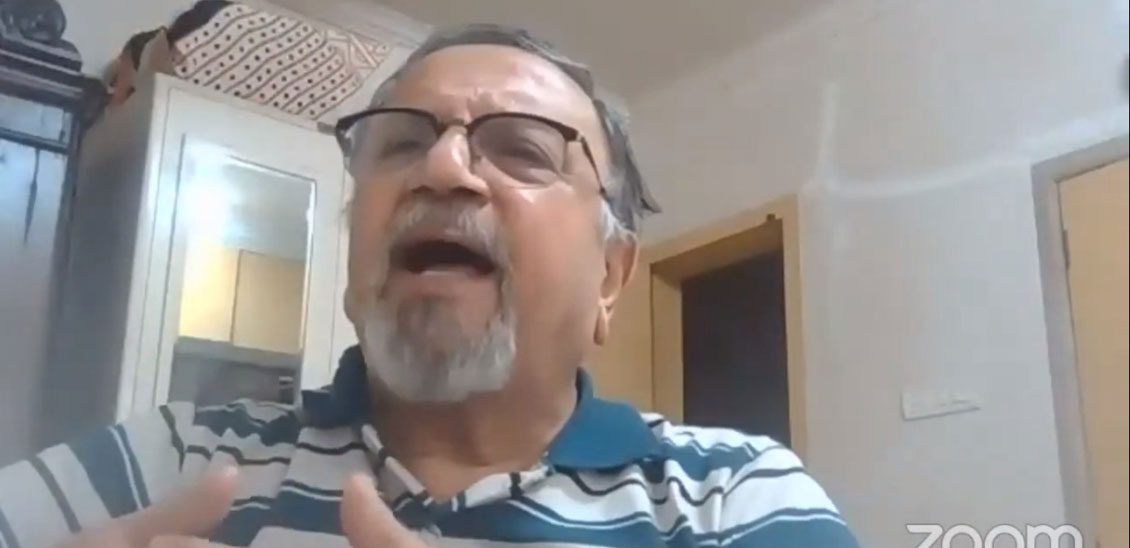
Moneylife Foundation organised its first webinar on the RTI act with retired Central Information Commisioner (CIC) and RTI evangelist Shailesh Gandhi, after a prolonged period of absence during the lockdown where are activities were focused on covid relief efforts.
Mr Gandhi began his presentation by asking the audience if they really feel that democracy is rule of the people by the people for the people. He further questioned, while on paper it does seem like that, does it really translate into action.
Explaining the RTI act, Mr Gandhi defined the scope of “Information” and said, “As per the RTI act, Information means any materials in any form, including records, documents, memos, e-mails, opinions, advices, press releases, circulars, orders, logbooks, contracts, reports, papers, samples, models, data material held in any electronic form and information relating to any private body which can be accessed by a public authority under any other law for the time being in force.”
He placed emphasis on one very important point, by adding that for something to be called information, it must essentially exist. If it does not exist, it cannot be consider as “information” under the RTI Act.
Mr Gandhi then went on to explain in detail the various public authorities with whom we can file an RTI with along with explaining, who are the officers who need to respond to the RTI queries. He also explained the various fee structures for filing a RTI both in the central and in the state government along with the formats that citizens can use to file their RTIs.
While all information should be available in public record, Mr Gandhi shed some light on the 10 key exemptions of the RTI act in order to protect certain national interests. He placed utmost importance on the fact that information can be rejected only under these 10 key clauses and if a Public Information Officer (PIO) refuses information under any other category, then it is deemed an illegal refusal.
As part of the presentation, Mr Gandhi also shared some live examples of how the RTI act was used to bring out corruption in the system and how it empowered the voices of individual citizens and gave them a feeling of being “Baadshahs” and “Begums” of the country.
The webinar was concluded with a Q&A with Mr Gandhi where he took questions from the attendees on personal matters relating to RTI and how they can use the act to get resolution.
Video recording of the webinar:
Video recording of the Q&A session

